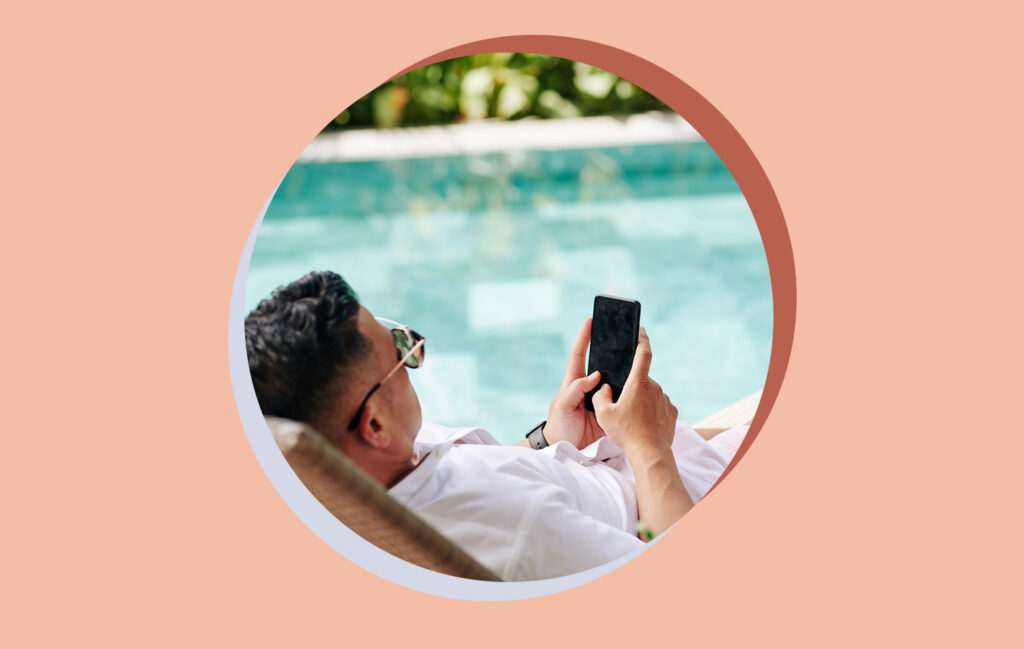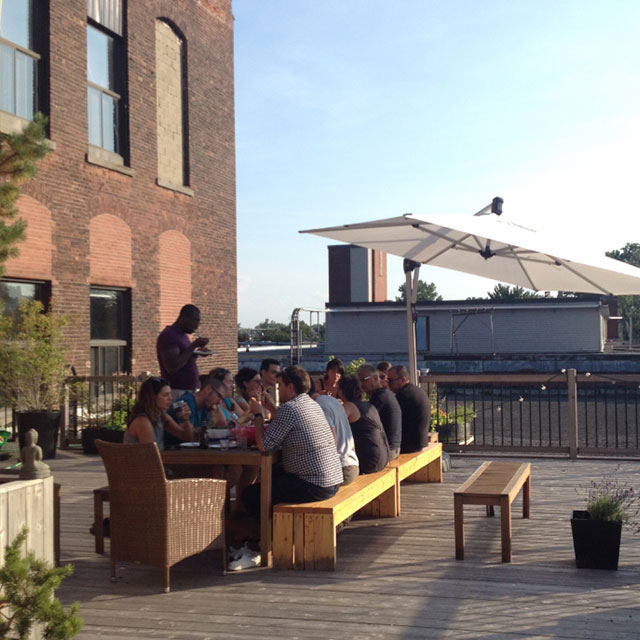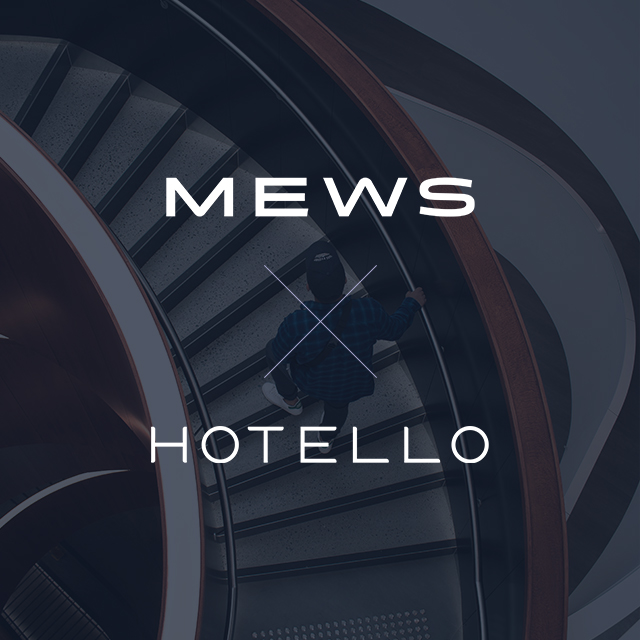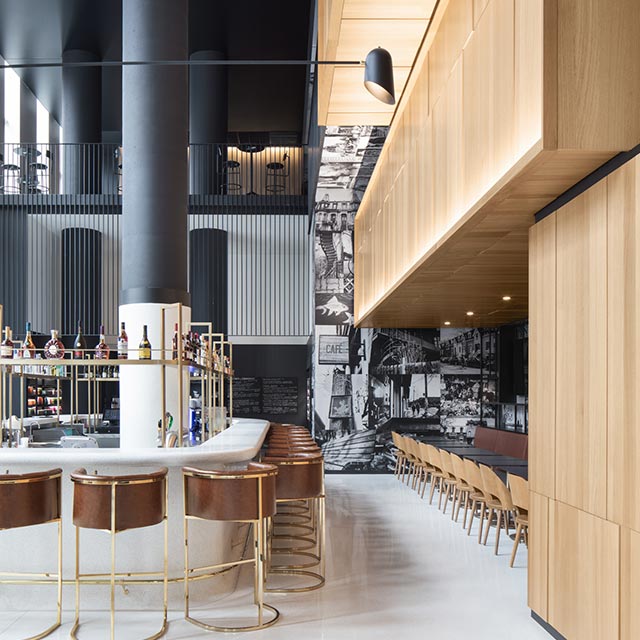
Perform a post-crisis assessment
Before planning any post-crisis strategy, it’s important to analyze your social platforms and determine which ones are the most active, what types of content were used during the crisis period, which actions were most appreciated and created most interactions. Take advantage of your powerful tools to consult activity reports, statistics, results obtained from the crisis period and compare it with the pre-crisis period’s ones. For example, you can analyze several performance indicators such as the number of followers, impressions, visits, interactions and the engagement rate.
Adjust your social media strategy
Getting back to normal can raise a lot of questions. This is why you need to identify new travelers’ needs and expectations in order to redefine your goals and adjust your strategy accordingly.
Start by reviewing all planned posts and campaigns to adapt your communication in the current context. Make a distinction between content that is reusable and content which is better not to use anymore.
Furthermore, remember that you need to stay authentic and true to your brand identity and values. Your social media platforms are a showcase for your property. You need to be honest, transparent and must help your audience feel listened and reassured. As a matter of fact, if you want to win your audience’s trust, they must feel that you fully understand their current situation. To do so, your goal should not focus only on your social media traffic but on the level of interaction and engagement. Be innovative, agile and show that you can adapt quickly. Before creating content, ask yourself the following questions: Is it relevant? Is it adapted to my audience’s reality? Also, favor the creation of positive, useful and original content such as videos, lives, Instagram videos, stories and IGTV. Only refer credible and reliable sources to avoid misinformation. For example, you can post a thank you video highlighting your employees, guests, partners and everyone else who helped you through the crisis as well as people who encouraged you to move forward. You can also use Instagram’s IGTV lives, stories and videos to announce your resumption of activity. Enhance all the measures set up and efforts made by your teams not only to ensure your guest’ safety and comfort, but also that they get an outstanding customer experience.
Using influencer marketing is also a good idea for your communication strategy. Of course, influencers are great brand ambassadors and they will help you reach a larger audience, gain more visibility and quickly generate more interactions.
Set up a social media management policy
Even if the situation changes quickly and it is impossible to predict a crisis, you can always prepare your emergency social media strategy. Furthermore, make sure you have an updated list of emergency contacts in the event of a crisis: those in charge of social media, guests, partners and staff members. Prepare useful technical sheets in order to connect to these platforms promptly and identify main guidelines that define the extent of the crisis, determine the property’s operations that are likely to be most affected, as well as a specific communication plan dedicated to all of your employees.
Keep in mind that a property should not remain silent and inactive during times of crisis and post-crisis. Even in hard times you should keep informing, reassuring and listening to your audience and your team.
Track your social media regularly
Tracking your social media regularly will help you spot quickly good or bad reviews as well as comments. It is important to be very responsive and answer every comment, otherwise it could damage your property’s reputation. Indeed, not giving an answer gives the impression that you are neglecting your audience. To do so, do not hesitate to thank a guest for leaving a positive review on your page or offer him a solution in case of a bad experience during their stay.
Also, it is interesting to take a look at the different types of audiences you have on your social media and analyze it with different indicators, such as age, socio-professional category, location in order to compare it with your hotel PMS’ data. If there is a big gap between your audience and your guest’s profiles, a campaign adjustment would be recommended. Indeed, if the content you published interests your audience, but does not generate bookings, you should adapt your message or your offers in order to persuade your followers to book a stay.
Social media are not just simple communication channels, they allow a property to communicate and strengthen long-term trust with its community, particularly by informing them, reassuring them and offering them support.
Even if crisis and post-crisis periods are not the most profitable, they force hoteliers to adapt to the current reality and innovate. Therefore, forget about making excessive publicity and take this opportunity to humanize your brand and favor a strong relationship with your audience!
 Log in
Log in











